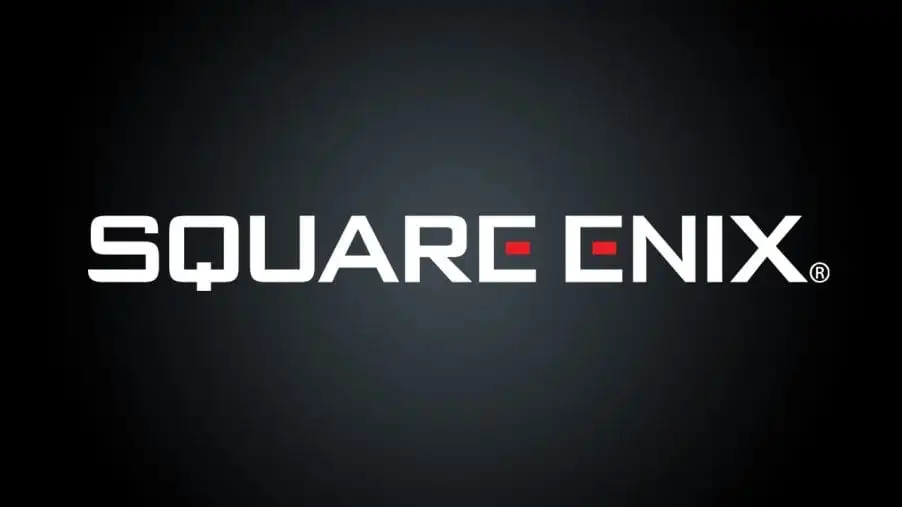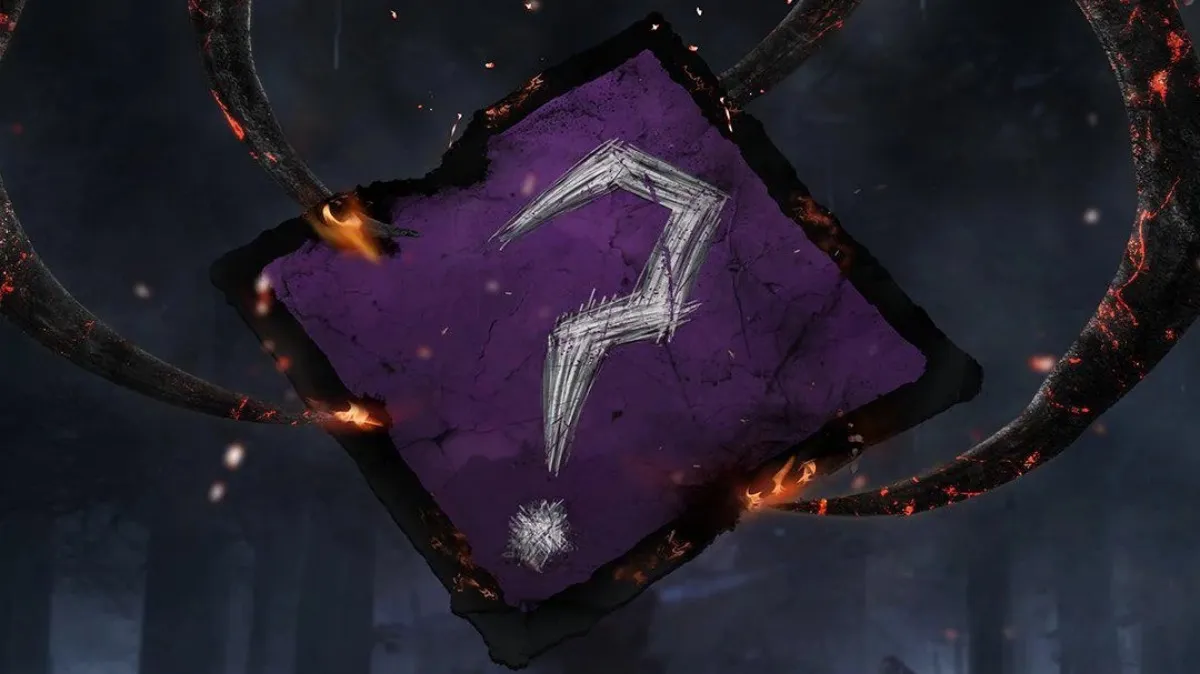Today Square Enix President Yosuke Matsuda published a New Year message on the publisher’s official website.
The letter includes a rather extensive discussion about blockchain games and NFT (Non-Fungible Tokens). These trends appear to be an area of focus for the company, while Matsuda-san acknowledges that the “Majority of players” have “expressed reservations” about them.
We also hear about other focus areas like AI and cloud gaming.
You can read the full message below.
“I would like to begin by wishing everyone a Happy New Year.
The metaverse was a hot topic in 2021, inspiring a lively global conversation first about what the metaverse is and then about what sort of business opportunities it presents. Against this backdrop, Facebook changed its name in October to Meta, serving as evidence that the concept is not a mere buzzword but here to stay. The metaverse garnered so much attention that 2021 was dubbed the “Metaverse Year”
I attribute this in large part to advances in extended reality (XR) technology, the increasing prevalence of the cloud and 5G, more sophisticated blockchain technology, and other technological evolutions that have taken place in a variety of fields over the past several years. That is because these advances are giving rise to services that fall under the metaverse umbrella. The metaverse will likely see a meaningful transition to a business phase in 2022, with a wide range of services appearing on the scene. As this abstract concept begins to take concrete shape in the form of product and service offerings, I am hoping that it will bring about changes that have a more substantial impact on our business as well.
Another term that gained quick currency in 2021 was “NFT” or “non-fungible token.” The advent of NFTs using blockchain technology significantly increased the liquidity of digital goods, enabling the trading of a variety of such goods at high prices and sparking conversations the world over. I see 2021 not only as “Metaverse: Year One,” but also as “NFTs: Year One” given that it was a year in which NFTs were met with a great deal of enthusiasm by a rapidly expanding user base. However, we do observe examples here and there of overheated trading in NFT-based digital goods with somewhat speculative overtones, regardless of the observed value of the content provided This, obviously, is not an ideal situation, but I expect to see an eventual right-sizing in digital goods deals as they become more commonplace among the general public, with the value of each available content corrected to their true estimated worth, and I look for them to become as familiar as dealings in physical goods.
To address these changes in our business environment, the medium-term business strategy that we unveiled in May 2020 identified AI, the cloud, and blockchain games as new domains on which we should focus our investments, and we have subsequently been aggressive in our R&D efforts and investments in those areas.
In the AI space, we established SQUARE ENIX AI & ARTS Alchemy Co., Ltd. (“AI & AA”) in March 2020 to pursue development efforts in the wider field of “entertainment AI” rather than being constrained by traditional concepts of gaming AI. The firm’s R&D efforts focus primarily on natural language processing, world models, and simulation technology. These efforts will help us develop the games that we release into the world and enhance their overall quality, but that is not all. By incorporating the output of these R&D efforts into virtual avatars and elsewhere, we plan to apply that output to a wide variety of content and provide the relevant technology to other companies, with a view to leveraging these R&D efforts across our entire Digital Entertainment business.
We are exploring potential efforts in the cloud space from two primary perspectives, the first being leveraging cloud technologies to distribute content and the second being developing content that offers customers new forms of excitement enabled by the cloud’s attributes. More telecommunications infrastructure is being built, as exemplified by expanding 5G coverage. Devices are also making performance gains. As these trends continue, I believe that the content we provide will become more accessible, making it more likely that our customers will discover enjoyment as we gain new touchpoints with them. Leveraging cloud technologies is extremely effective as a means of making our content and services uniformly available and as a catalyst for creating new forms of excitement that expand upon the content development capabilities for which we are known. As such, we will be making ample investments in the cloud space.
Lastly is blockchain games. Be they single-player or online games, games have traditionally involved a unidirectional flow whereby creators such as ourselves provide a game to the consumers that play them. By contrast, blockchain games, which have emerged from their infancy and are at this very moment entering a growth phase, are built upon the premise of a token economy and therefore hold the potential to enable self-sustaining game growth. The driver that most enables such self-sustaining game growth is diversity, both in how people engage with interactive content like games, and in their motivations for doing so. Advances in token economies will likely add further momentum to this trend of diversification. I see the “play to earn” concept that has people so excited as a prime example of this.
I realize that some people who “play to have fun” and who currently form the majority of players have voiced their reservations toward these new trends, and understandably so. However, I believe that there will be a certain number of people whose motivation is to “play to contribute,” by which I mean to help make the game more exciting. Traditional gaming has offered no explicit incentive to this latter group of people, who were motivated strictly by such inconsistent personal feelings as goodwill and volunteer spirit. This fact is not unrelated to the limitations of existing UGC (user-generated content). UGC has been brought into being solely because of individuals’ desire for self-expression and not because any explicit incentive existed to reward them for their creative efforts. I see this as one reason that there haven’t been as many major game-changing content that were user generated as one would expect.
However, with advances in token economies, users will be provided with explicit incentives, thereby resulting not only in greater consistency in their motivation, but also creating a tangible upside to their creative efforts. I believe that this will lead to more people devoting themselves to such efforts and to greater possibilities of games growing in exciting ways. From having fun to earning to contributing, a wide variety of motivations will inspire people to engage with games and connect with one another. It is blockchain-based tokens that will enable this. By designing viable token economies into our games, we will enable self-sustaining game growth. It is precisely this sort of ecosystem that lies at the heart of what I refer to as “decentralized gaming,” and I hope that this becomes a major trend in gaming going forward. If we refer to the one-way relationship where game players and game providers are linked by games that are finished products as “centralized gaming” to contrast it with decentralized gaming, then incorporating decentralized games into our portfolio in addition to centralized games will be a major strategic theme for us starting in 2022. The basic and elemental technologies to enable blockchain games already exist, and there has been an increase in the societal literacy and acceptance of crypto assets in the past few years. We will keep a close eye on societal shifts in this space while listening to the many groups of users that populate it, and ramp up our efforts to develop a business accordingly, with an eye to potentially issuing our own tokens in the future.
Our lifestyles have changed, and we are learning to coexist with COVID-19. Against that backdrop, I believe that the new technologies and concepts that I have discussed and the changes that they bring to our business environment will provide us with numerous opportunities to enrich people’s lives through digital entertainment, which is at the core of our business. This at the same time means that we are seeing the beginnings of further leaps forward for our business. We remain committed to creating, developing, and providing world-class content, and we will contribute to the happiness of society and its people by offering new forms of excitement.”




